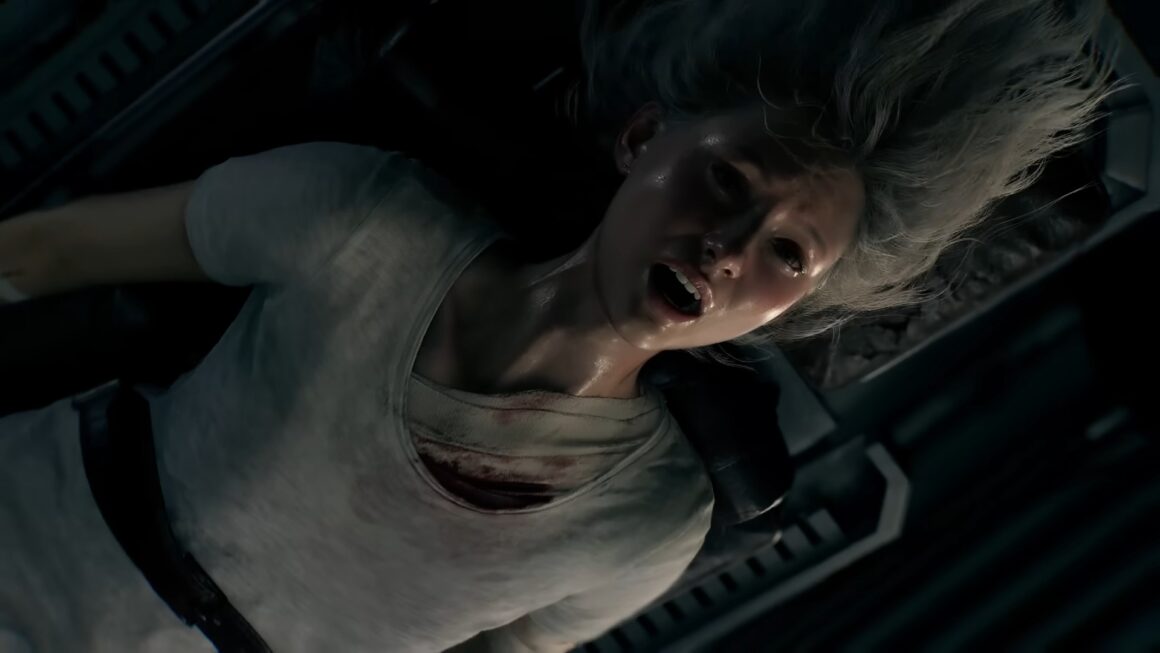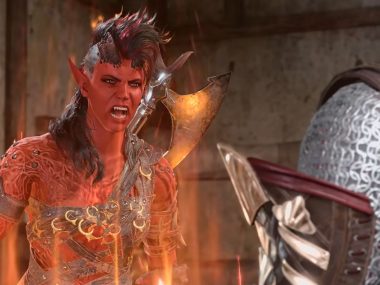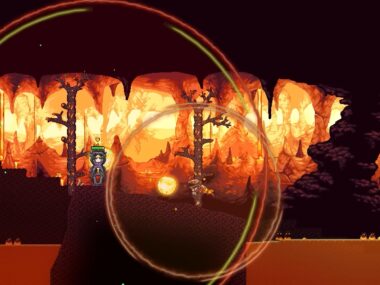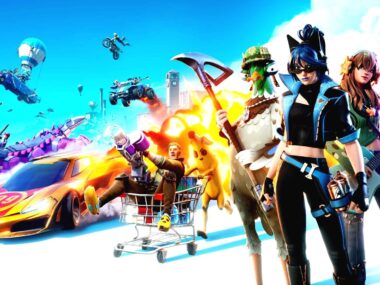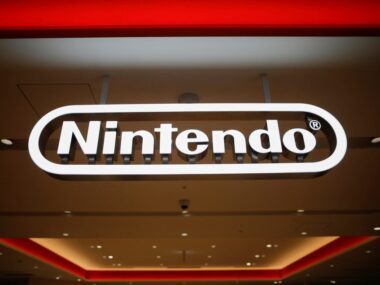There was a time when June belonged to gamers. E3 wasn’t just an event. It was the moment. Whether you were industry or press, hardcore or casual, you knew this was when everything dropped. The announcements, the surprises, the “one more thing.” Even if you weren’t on the show floor, you felt like you were part of something.
Then came the shift.
Gaming companies realized they didn’t need to pay for floor space and press appointments when they could reach millions directly. Why funnel a reveal through a third-party event when you can control the narrative yourself? E3 faded, and the industry kept moving. Games still launched. Players still showed up. The middleman was removed. No one really missed him.
Summer Game Fest Tried to Fill the Void But Offers Nothing New
Enter Geoff Keighley. In the vacuum E3 left behind, he launched Summer Game Fest to “keep the summer tradition alive.” But here’s the problem: it doesn’t solve any of the issues that caused E3 to collapse in the first place. If anything, it feels like a slicker version of the same thing we already moved past. With more ads and less purpose.
Keighley isn’t doing anything publishers can’t do themselves. Xbox had one of its best showcases this year. Tightly paced, respectful of viewers’ time, and full of exciting trailers. Sony did its own thing. Nintendo disrupted “the tradition” by having their event early. They dropped their own bombshell announcements independently, and released the Switch 2 during the week all the other companies were announcing things. Even indie developers are organizing their own events now, often more focused and more meaningful to their communities.
A Showcase Without Substance
To be clear, there’s nothing wrong with highlighting new games. But it’s hard to ignore that almost everything revealed at Summer Game Fest could’ve, and likely would’ve, been announced elsewhere. Trailers drop on social media minutes after the show airs. Games are already on Steam, where players are prompted to wishlist. Often right after they see the same trailer on Geoff’s stage.
Death Stranding 2 was teased at Summer Game Fest, but the real event is its own dedicated showcase. Why bother with a small slice of something that’s getting a full course meal later?
While some indie games did get brief moments in the spotlight, that doesn’t make up for a bloated runtime padded with pre-roll ads and sponsorship segments. What exactly are we getting from Geoff’s event that justifies it as a centerpiece of the gaming calendar?
The Harsh Truth: We’ve Outgrown This Format
It’s not personal. It’s just reality. Summer Game Fest may come from a place of genuine love for the industry, but the format itself no longer serves a real purpose. E3 died because the industry evolved past needing a central stage. Summer Game Fest doesn’t bring that stage back. It just brings a microphone. For trailers we’ll see elsewhere, announcements that could’ve been tweets, and ads that make the event feel more like a brand deal than a celebration.
If we’re being honest, the event isn’t bad. It’s just unnecessary.
AI Is About to Change the Game (Again)
Let’s not forget the elephant in the room: AI.
We’re rapidly heading toward a future where AI tools don’t just passively report news. They actively curate it for us. Since I cover games, my AI assistant will likely say, “Here’s everything announced this weekend. But based on your preferences and writing, here are the five you should look at first.” It won’t be scraping leaks or stealing data. It’ll be surfacing publicly available information that game companies want you to see.
There are already sites that list every trailer. Steam highlights upcoming games the second they’re revealed. As AI gets better at filtering the noise and surfacing the signal, shows like Summer Game Fest stop being helpful. They start becoming redundant.
The Writing Is On The Wall
Geoff Keighley’s Summer Game Fest feels less like the future of games and more like a tribute to a format the industry has already moved on from. When companies can create better showcases on their own. When trailers live on platforms like YouTube and Steam within minutes, and when fans care more about gameplay than stage presence, it’s fair to ask whether we need this at all.
Right now, the answer seems to be no.
